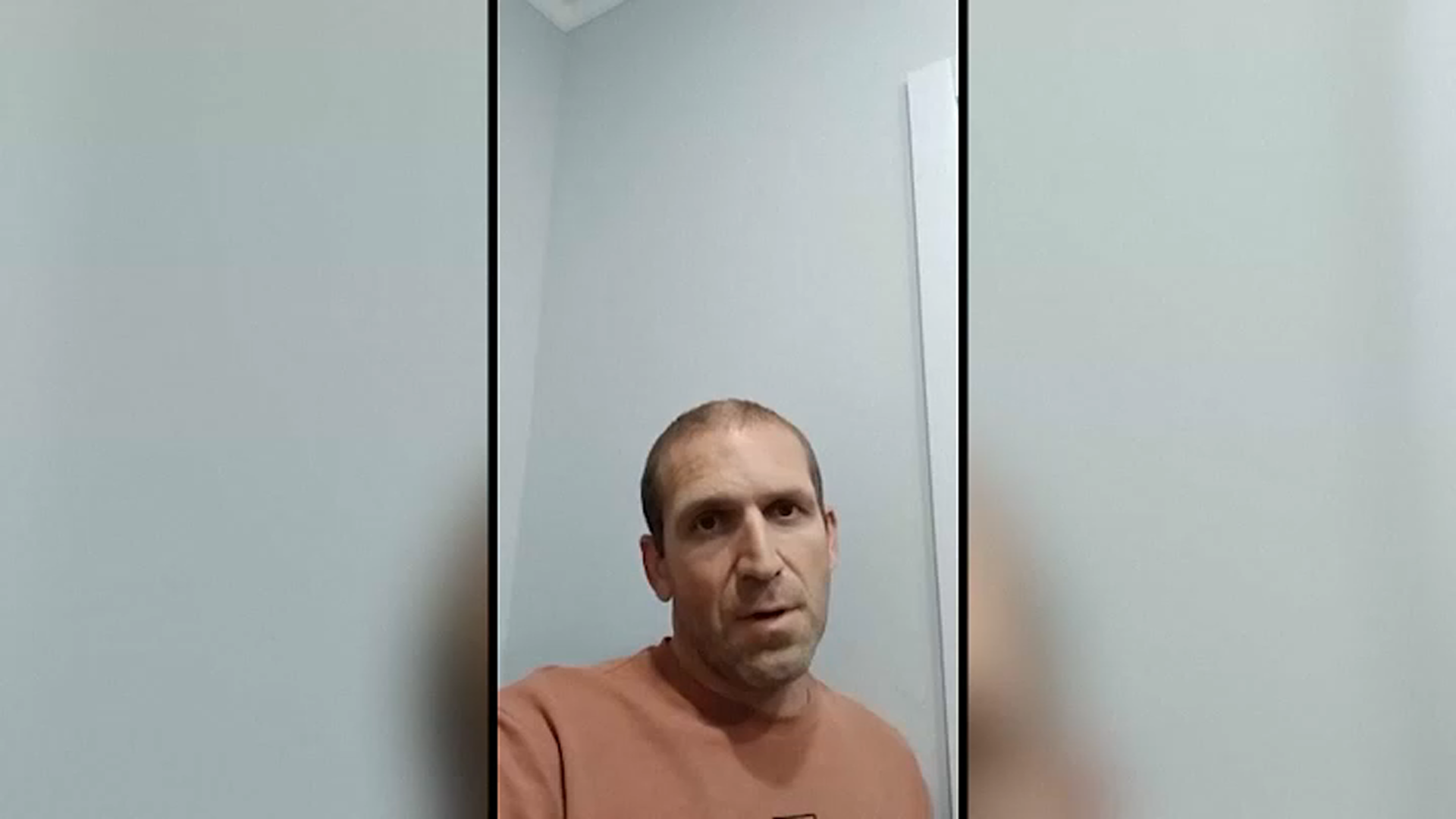While the Chicago area ushered in the start of meteorological winter with cold, dry weather, winter storm warnings and advisories were brewing for parts of Northern Indiana and Southwestern Michigan, with heavy lake effect snow expected.
According to the National Weather Service, a winter weather advisory was set to go into effect Monday afternoon for Elkhart and LaPorte County in Indiana, and St. Joseph County in Michigan, with up to four inches of snow expected. In Grand Haven, Jenison, South Haven and Holland, a winter storm warning was issued, with between eight and 12 inches of snow possible.
"Visibility and road conditions may change rapidly over short distances in lake effect snow," the NWS warned. "Travel could be very difficult."
Meanwhile, on the other side of Lake Michigan, things were "dry and quiet," NBC 5 Meteorologist Alicia Roman said, with a "few flurries going through the day."
And though it wasn't very snowy, Monday morning in the Chicago area started out cold, with readings as low as 12 degrees in some parts. Temperatures were expected to rise into the mid 20s to low 30s, Roman said, a far cry from the average high for this time of year of 41 degrees.
Tuesday was also expected to be dry and cold, Roman said. And while a system was set to move in Wednesday, it brings with it a brief warmup, Roman added.
According to Roman, Wednesday's system will move in by afternoon, with a mix of rain and snow, and temperatures bumping up to 40 degrees. By Thursday, they'll dip back into the 20s, before climbing back up into the 30s and low 40s this weekend, Roman added.
Local
When does winter start?
Meteorological winter started Sunday, Dec. 1, Roman said, with a 7 a.m. sunrise and a 4:19 p.m. sunset. By Dec. 31, sunrise will be 7:18 a.m., Roman said, and sunset will be 4:29 p.m. According to Roman, Meteorological winter runs through February, with spring beginning on March 1.
Feeling out of the loop? We'll catch you up on the Chicago news you need to know. Sign up for the weekly> Chicago Catch-Up newsletter.
Unlike the astronomical calendar, which uses the Earth’s position in its orbit around the sun, the meteorological calendar uses the first date of a month to help determine the seasonal change, aiding in record-keeping and other facets of weather prediction.
Astronomical winter doesn't begin until Dec. 21. That day comes on what is known as the winter solstice, which will take place at 3:21 a.m. CST.
What is the winter solstice?
According to the Farmer's Almanac, the winter solstice is when the earth is "tilted as far away from the Sun as possible, which means that the Sun’s path across the sky is as low in the sky as it can be."
"We often think of the winter solstice as an event that spans an entire calendar day, but the solstice actually lasts only a moment. Specifically, it’s the exact moment when a hemisphere is tilted as far away from the Sun as possible," the Almanac reported.
In fact, if you stand outside at noon on the solstice day, you shadow will be "the longest shadow that you'll cast all year."
What is the shortest day of the year?
The solstice typically falls on either Dec. 21 or Dec. 22 in the Northern Hemisphere and marks the "shortest day" of the year, or the day with the least amount of sunlight.
This does not, however, mark the earliest sunset.
According to Time and Date, that will actually fall earlier in December, when the sun sets at 4:19 p.m. CST on Dec. 13.
So why is Dec. 21 shorter? Because sunrise times will also continue getting later throughout the month of December, making for fewer hours of daylight in between.
What will winter look like for Chicago this year?
According to the National Oceanic Atmospheric Administration's latest winter weather outlook for 2024-25, which says a "La Niña" winter is expected, which would ultimately result in a "wetter than normal" winter in the Great Lakes, especially in parts of Wisconsin, Illinois and Indiana.
According to Kevin Jeanes, the predictions are a far cry from the Chicago winter of 2023-24 -- an El Niño winter -- which wound up to be the fourth warmest winter on record.
The winter precipitation outlook for the Chicago area is expected to be above average, Jeanes said.
For 2024-25, the big question will be whether or not temperatures will cause that precipitation to fall in the form of rain or snow.
According to Jeanes, NOAA predicts "equal chances" of temperatures being above or below average. Across the Northwest however, a much colder winter is expected, Jeanes noted.



